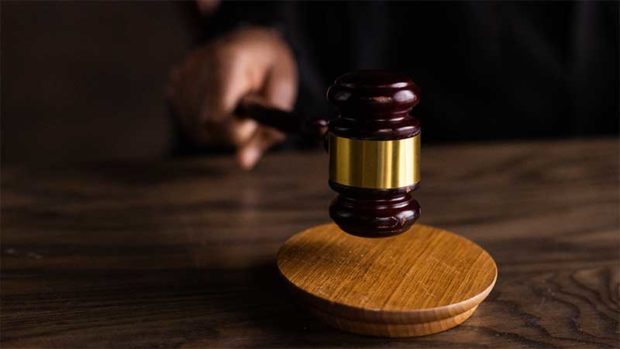SC acquits man charged with coconut theft

INQUIRER.net stock images
MANILA, Philippines — The Supreme Court has acquitted a man of qualified theft based on reasonable doubt as he “believed in good faith” that the parcel of land where he harvested coconuts was owned by his grandfather.
In a 12-page decision, the high tribunal’s Second Division reversed the 2016 decision of a Bohol Regional Trial Court that initially sentenced Pedro Amarille to serve eight to 14 years in prison for stealing 200 coconuts worth P2,000.
The court also reversed a Court of Appeals’ resolution that modified his sentence to an indeterminate penalty of imprisonment ranging from two to six years.
Amarille’s case dates back to 2011 when he gathered coconuts from the plantation of the heirs of Macario Jabines and turned these into copra or sun-dried coconut meat yielding coconut oil.
In a conference settlement, he insisted that the land was owned by his grandfather, Eufemio.
Both parties later signed an agreement under which Amarille would no longer gather coconuts from the Jabines property and also turn over the copra to barangay officials. However, he failed to comply because he sold the copra and kept the money for himself.
The high court ruled that Amarille merely relied on a tax declaration which indicated that the land in question was in the name of his grandfather, Eufemio Amarille.
“Thus, Pedro could not be faulted for asserting his ownership over the subject land. Indeed, he believed in good faith that the property indicated in the tax declaration was the same property subject of the case,” it said.
But the court pointed out that tax declarations were not “conclusive evidence of ownership.”
It also cited records showing that Amarille had been tilling the parcel of land since 1986 so his gathering of coconuts was “based on his honest belief that he owned the land where the coconut trees were planted.”
Despite his acquittal, Amarille was ordered to pay the heirs of Jabines the amount he got from selling the copra.














